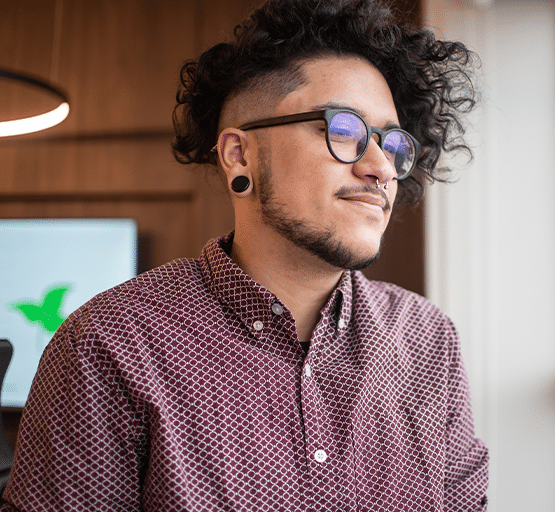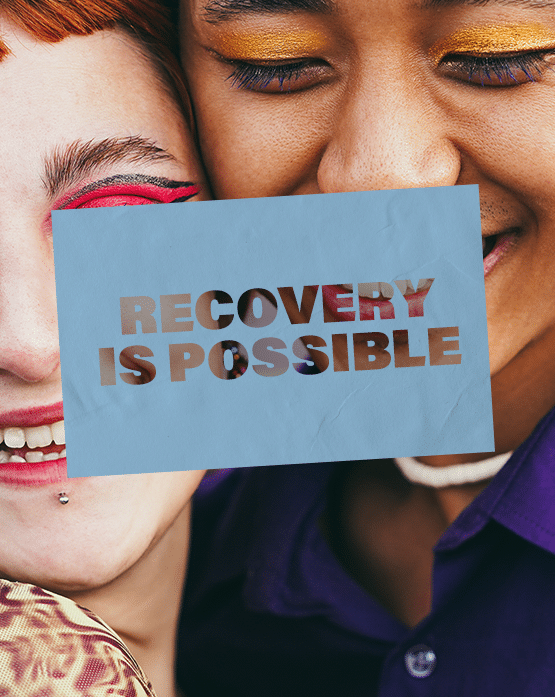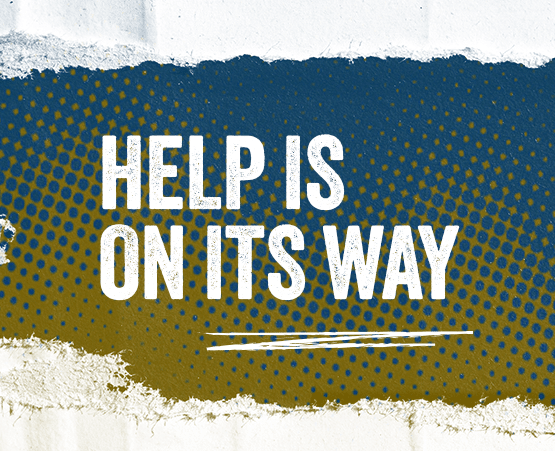An opioid overdose requires immediate medical attention. Call 911 immediately if you or someone you know exhibits any of the symptoms.
×
- Substances
- Dangers
- Naloxone
- Community Care
- How to Help
- Road to Recovery
- Videos
- About Us
- Resources
An opioid overdose requires immediate medical attention. Call 911 immediately if you or someone you know exhibits any of the symptoms.

For LGBTQIA2+ individuals in Minnesota, substance use disorders are significantly impacted by unique stressors and social pressures. These challenges, like discrimination and the use of bars as safe places, can lead to substance use as a way to cope. These combined factors make substance use particularly concerning for LGBTQIA2+ individuals.
Source: SAMSHA
Source: National LGBTQ Health Education Center
Source: SAMSHA
Recovery is different for everyone, and you should feel heard and seen during your recovery care. Historically, the LGBTQIA2+ community face extra barriers and discrimination in healthcare, making it hard to find good support for recovery. Treatment should be affirming and culturally sensitive to provide a safe and supportive environment for LGBTQIA2+ people. While competent care and support are crucial for fostering successful recovery in the LGBTQIA2+ community, various types of treatment are available to meet everyone’s needs.


Call 911 right away if someone you know is showing signs of an overdose.
If you or someone you know is struggling with substance use, visit Fast-Tracker for 24/7 resources.
Check out our collaboration with the PRIDE Institute to see how recovery journeys vary for each person, reminding us there is no one right way to recover.
Resources
Know the Substances
Learn More
Resources
Know the Dangers
Resources
Know the Resources
Learn More
Resources
Know the Facts
Learn More
Resources
Know the Signs
Learn More
Resources
Know the Resources
Learn More
Resources
Know the Stories
Learn More
Resources
About Know the Dangers
Learn More
Resources